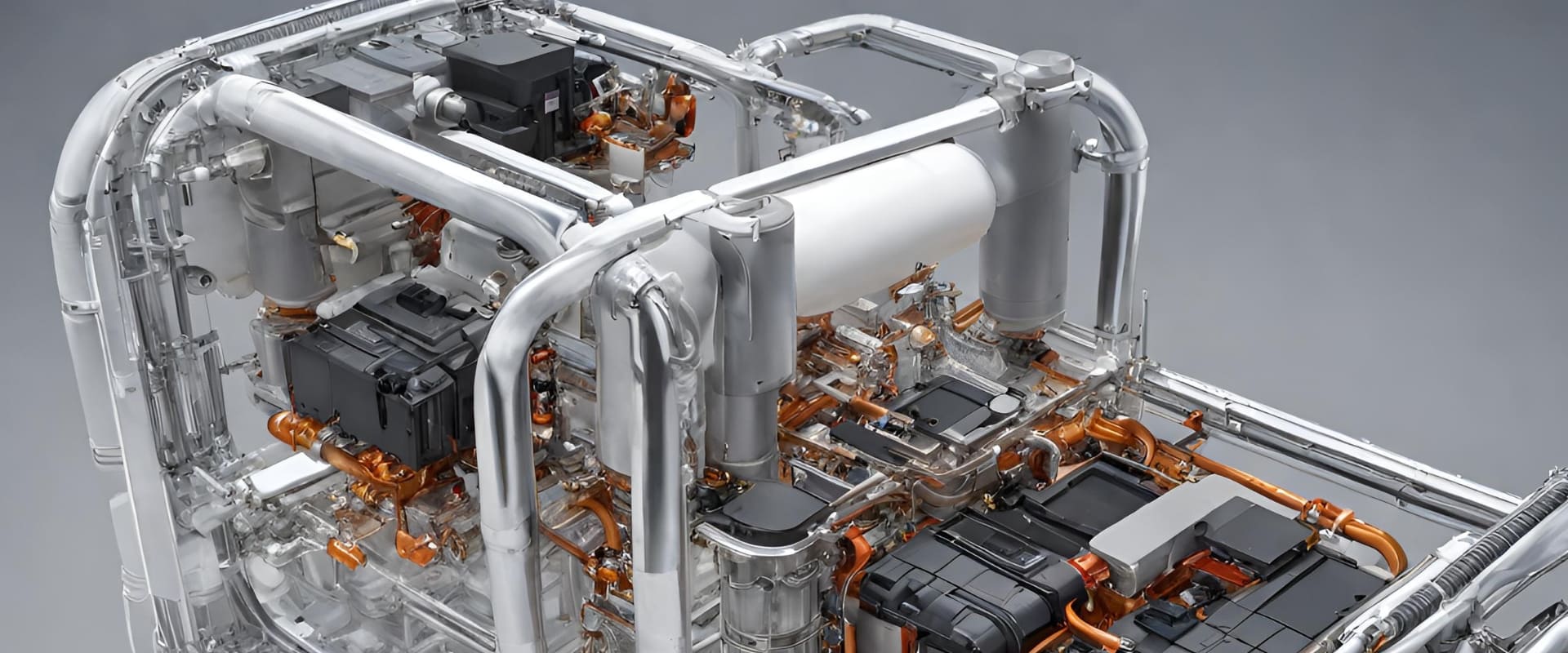Abstract
Hydrogen is a clean alternative to Natural Gas. It's the most abundant chemical element of the universe. On earth, vast amounts of Hydrogen Atoms are contained in water, plants, animals, land etc. It is present in nearly all molecules in living things, but very scarce as a gas – less than one part per million by volume.
Blog
Hydrogen, often touted as a clean and sustainable alternative to natural gas, stands as a pivotal player in the pursuit of greener energy solutions. This remarkable element, the most abundant in the universe, carries the promise of mitigating environmental impacts while addressing the growing global demand for energy. Its prevalence extends far beyond its role as a potential fuel source, with vast reservoirs of hydrogen atoms embedded in various forms across Earth, from water and plant life to the very fabric of the atmosphere.
At its elemental core, hydrogen is a fundamental building block of the universe, constituting a significant portion of cosmic matter. On Earth, it manifests in an array of environments, from the molecular structure of water molecules to the intricate biochemistry of living organisms. While hydrogen is ubiquitous within the composition of countless molecules in living entities and the Earth's crust, it is relatively scarce in its gaseous form, representing less than one part per million by volume in the Earth's atmosphere.
One of the most notable repositories of hydrogen on Earth is water, H2O, where hydrogen is intricately bonded with oxygen. This ubiquitous compound, covering a substantial portion of the planet's surface, contains vast potential as a source of hydrogen for various applications. Unlocking this potential through processes like electrolysis, where water is split into hydrogen and oxygen using electricity, offers a sustainable method for harnessing hydrogen as a clean energy carrier.
In addition to water, hydrogen finds its way into the cellular structure of plants and animals, further underscoring its integral role in the biological processes that sustain life. The versatility of hydrogen within the natural world reflects its potential to play a transformative role in human endeavors, particularly in the transition toward cleaner energy alternatives.
Despite its abundance within Earth's composition, gaseous hydrogen remains relatively sparse in the atmosphere, constituting less than one part per million by volume. This scarcity in its free form necessitates innovative methods for extraction and utilization, emphasizing the importance of efficient and sustainable technologies to harness hydrogen's potential as a clean energy source.
The transition from fossil fuels to hydrogen as an energy carrier holds immense promise for reducing carbon emissions and mitigating the impact of climate change. Hydrogen fuel cells, for instance, offer a clean and efficient means of converting hydrogen into electricity, with water being the only byproduct. As research and development efforts continue to advance, the integration of hydrogen into diverse sectors, including transportation, industry, and power generation, becomes a crucial step toward a more sustainable and environmentally conscious energy landscape.
In conclusion, hydrogen's significance as a clean alternative to natural gas extends far beyond its status as the most abundant element in the universe. From its presence in the molecular fabric of water and living organisms to its potential as a versatile fuel source, hydrogen embodies a transformative force in the pursuit of sustainable energy solutions. Unlocking its full potential requires innovative technologies and a concerted global effort to harness this abundant element for a cleaner, greener, and more sustainable future.



